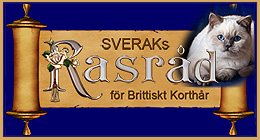Hypertrophic Cardiomyopathy (HCM)
Hypertrophic Cardiomyopathy is a genetic disease that affects cats, dogs, pigs, and people. How it is passed on in generations is still not clearly discovered. Since the 1970's it is known that HCM is the common cause of heart failure, thrombus, and sudden death in cats. A major study has been done on Maine Coon cats in the USA which indicates that HCM in these cats seemed to be inherited by a single dominant gene. This genetic variant is still associated with increased risk for the cat to develop HCM but is today more considered to be a genetic risk factor for the disease, than direct causative. Now we also know that the disease could be caused by several different mutations
HCM is characterized by an abnormal thickness of the heart muscle, mainly at the height of the left side of the heart. Because of the thickening of the heart muscle, the heart becomes less elastic, through which the heart can fill itself less easily. A second consequence is that there is less space for the blood left in the left ventricle, which causes a smaller amount of blood to be pumped around at each heartbeat than normal. The thick heart muscle can create turbulence in the blood or the leaking of some valves. This can then cause a heart murmur, which can be heard by a vet with a stethoscope.
Cats with HCM can get fluid in or around their lungs which can lead to difficulty breathing. Other animals may show no signs at all, but they can suddenly drop dead, mostly because of a sudden very severe rhythm disturbance. Some cats develop blood clots that may cause paralysis of the hind legs.
HCM is not a congenital defect, but a disease that develops very slowly. Cats that have HCM very often show no signs before they are six months old, and it can take several years before you can make a diagnosis of HCM. Therefore you must have a specialist performing an echocardiography report on several occasions.
The Swedish Maine Coon Cat Club has worked out an HCM health program starting on 1 January 2004. Since June 2010 this health program is administered by PawPeds. All breeds are welcome to join the program.
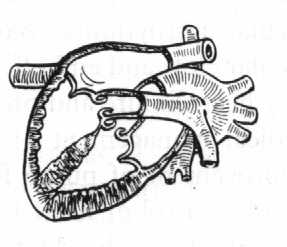 |
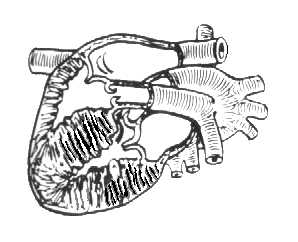 |
| A healthy heart | An HCM diagnosed heart |
Is there a cure?
Unfortunately, HCM can not be cured, but affected cats can be treated with medication. Depending on the symptoms of the animal and the state of the heart, diuretics, beta-receptor antagonists and/or ACE-inhibitors will be used.
Clubs presently participating in this health program
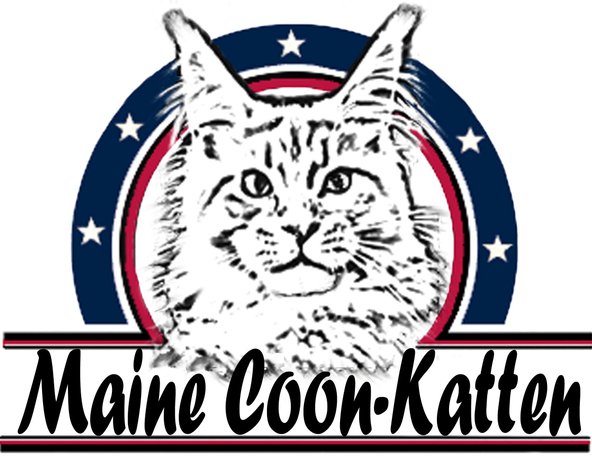 |
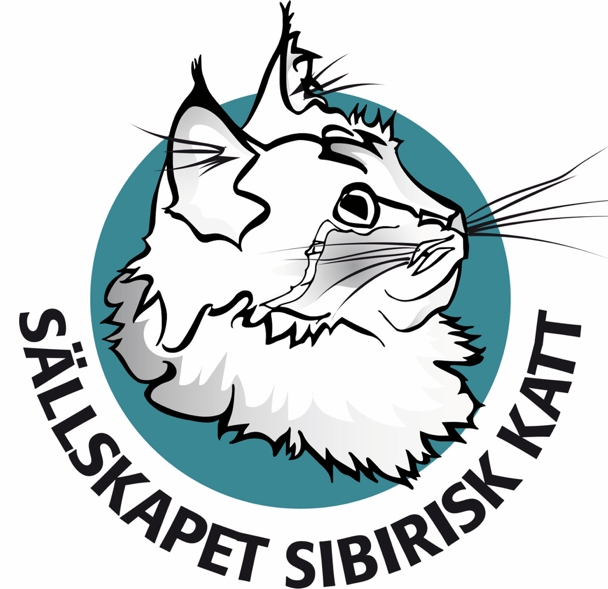 |
 |
|
 |
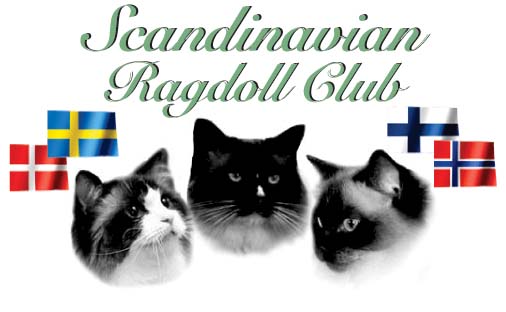 |
 |
|
 |
 |
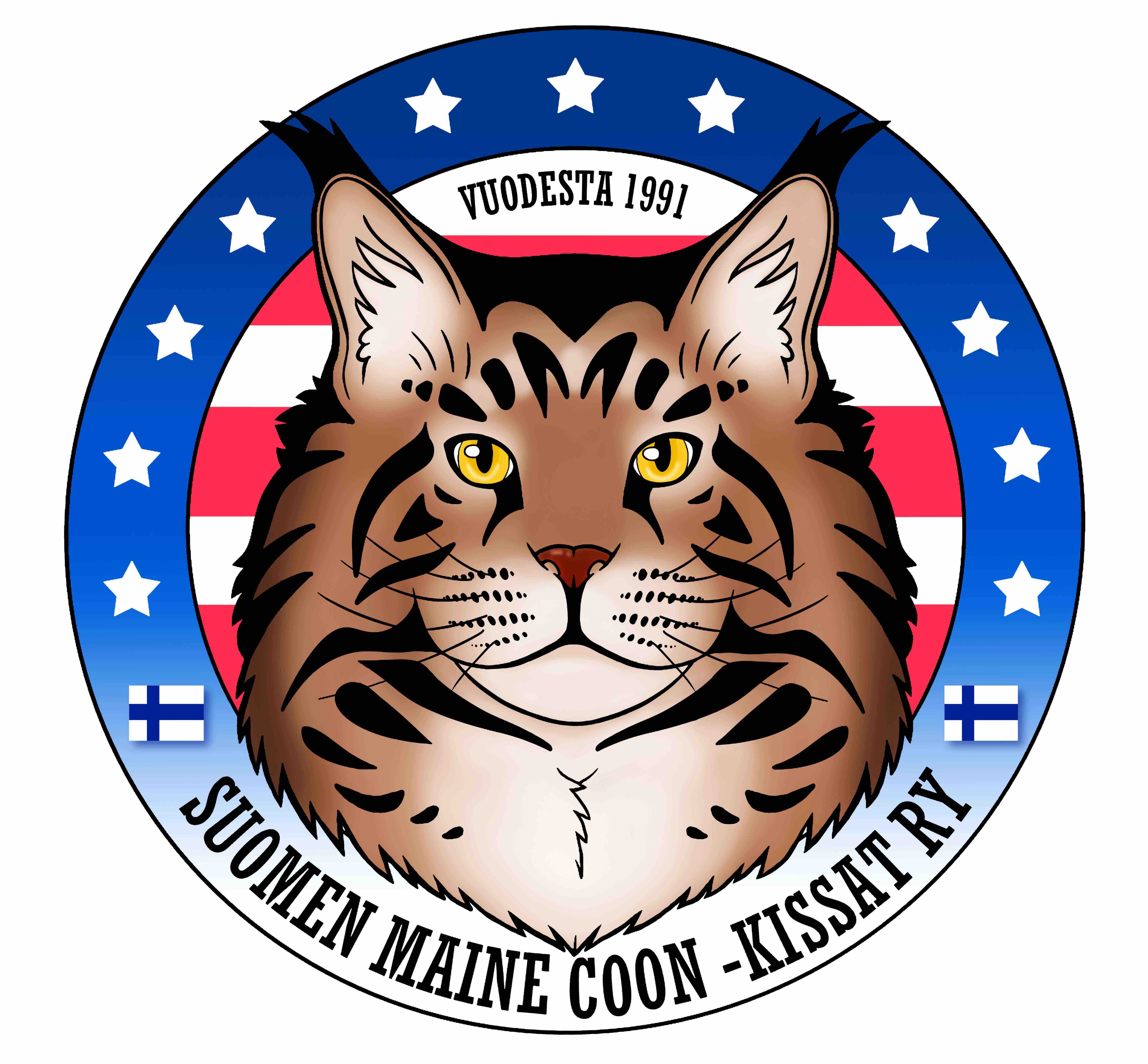 |
|
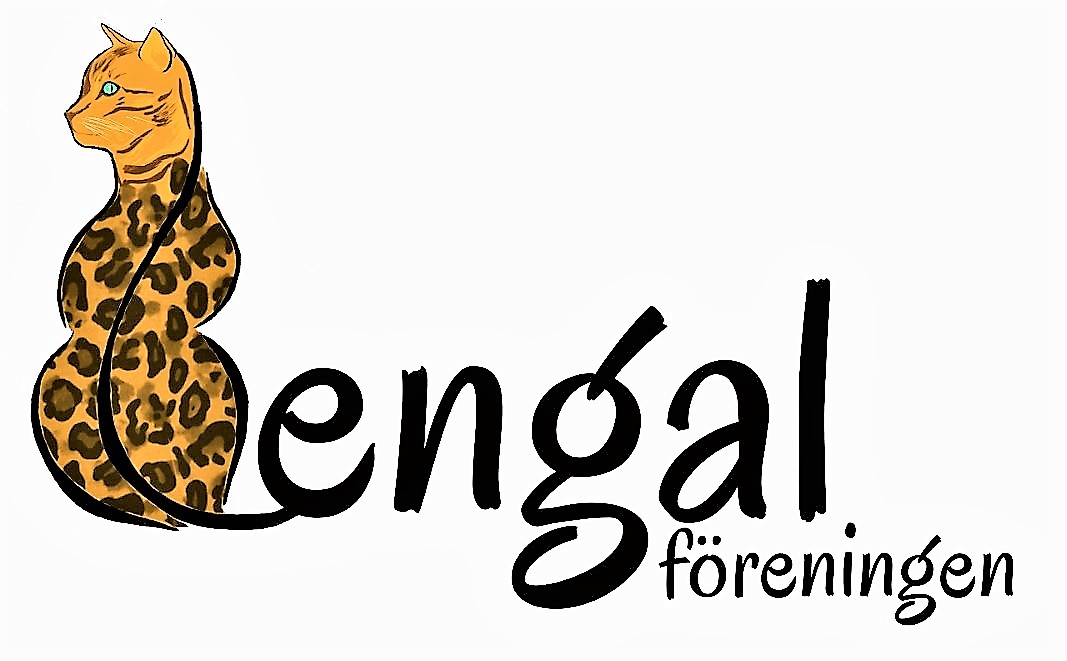 |
 |
||
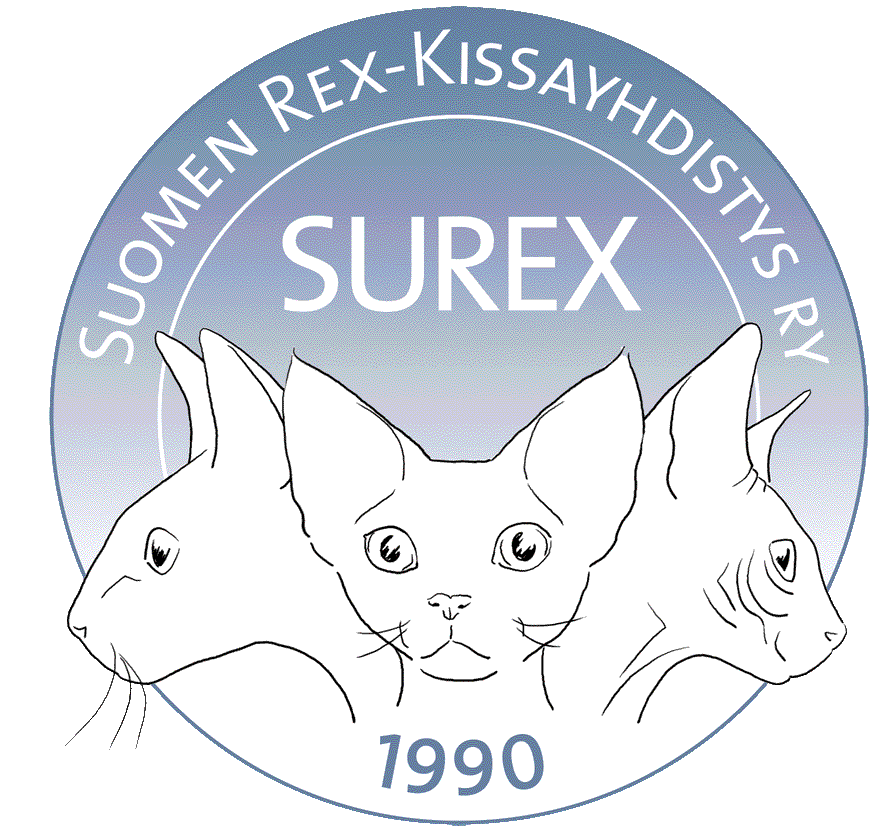 |
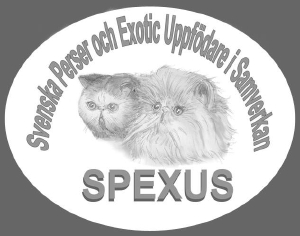 |
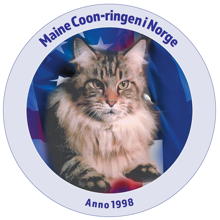 |
|
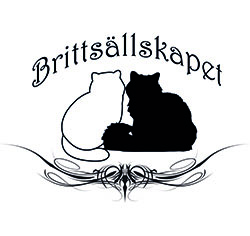 |
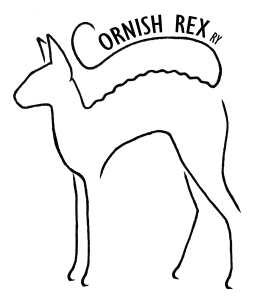 |
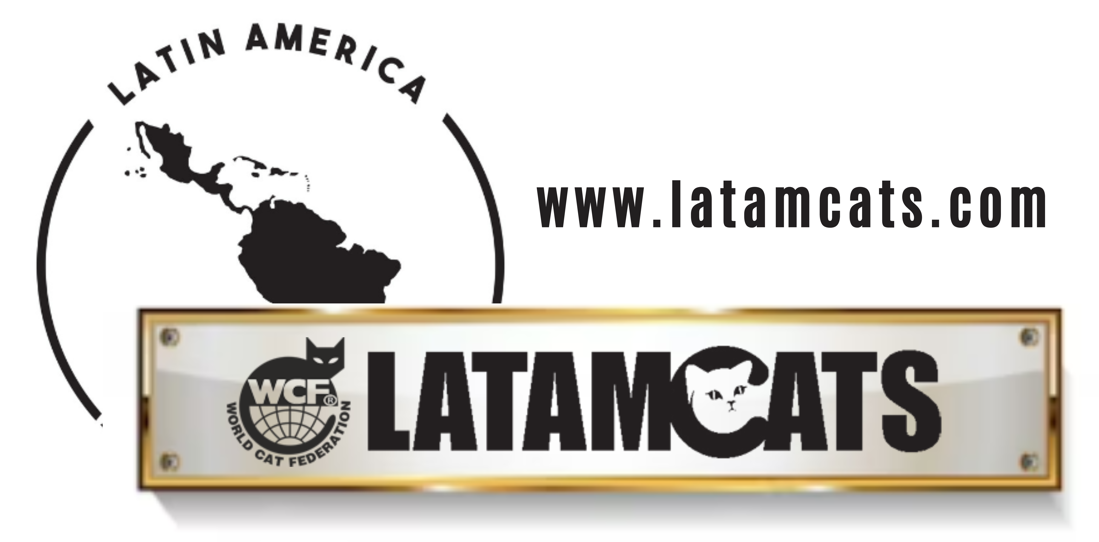 |
|
 |

